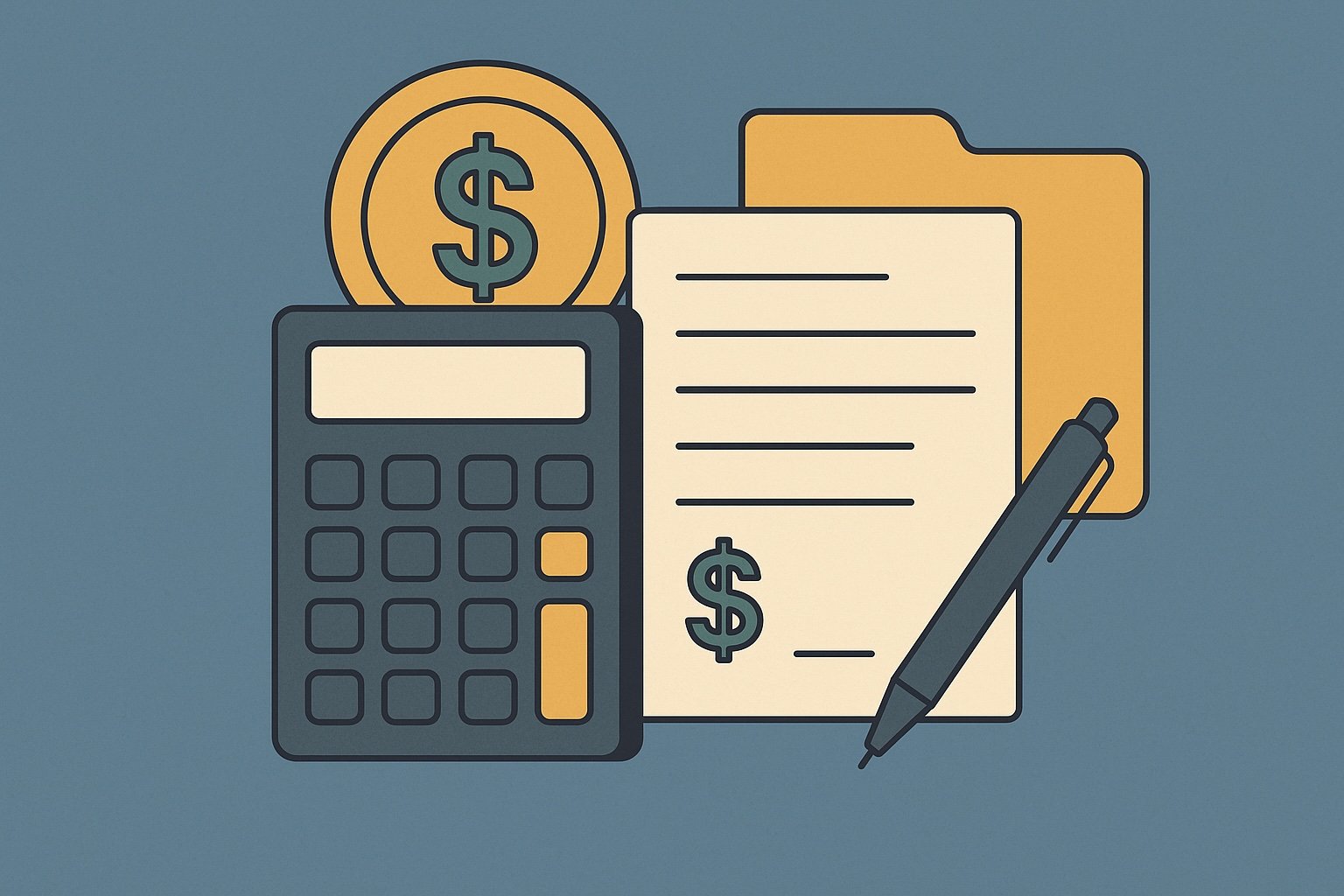Question
ARTE's Answer
When considering a 1031 exchange, it's crucial to understand what types of property qualify for this tax-deferral strategy. Under Section 1031 of the Internal Revenue Code, the exchange must involve real property held for productive use in a trade or business or for investment purposes. This means that both the property you relinquish and the property you acquire must meet these criteria.
Qualifying Property:
- Real Property Held for Investment or Business Use: The property must be held for investment or used in a trade or business. Examples include rental properties, commercial buildings, and land held for investment. The key is that the property should not be held primarily for sale, such as inventory or stock in trade.
- Like-Kind Property: The properties exchanged must be of “like-kind.” This term is broadly interpreted for real estate, meaning that most real estate properties are considered like-kind to each other. For instance, you can exchange an apartment building for a commercial office space, or raw land for a rental property. The nature or character of the property is what matters, not its grade or quality.
- Exclusions: Certain types of property do not qualify for a 1031 exchange. These include:
- Personal residences or property used for personal purposes.
- Real property held primarily for sale, such as a developer's inventory.
- Personal or intangible property, like stocks, bonds, or partnership interests.
Example of a 1031 Exchange:
Let's say you own a rental property in Miami valued at $500,000, which you originally purchased for $300,000. You decide to sell this property and reinvest in a commercial office building in New York City, also valued at $500,000. By using Deferred.com as your qualified intermediary, you can facilitate this exchange without recognizing the capital gains tax on the sale of your Miami property.
- Relinquished Property: You sell your Miami rental property for $500,000. Deferred.com, acting as your qualified intermediary, holds the proceeds from this sale.
- Identification Period: Within 45 days of selling your Miami property, you must identify potential replacement properties. You can identify up to three properties, regardless of their value, or more under certain conditions.
- Replacement Property: You choose the New York City office building as your replacement property. Deferred.com uses the proceeds from the Miami property sale to purchase the New York property on your behalf.
- Exchange Completion: You must complete the purchase of the New York property within 180 days of selling the Miami property. Deferred.com ensures that the transaction is structured correctly to meet all IRS requirements.
By completing this exchange, you defer the capital gains tax on the $200,000 gain from the Miami property, allowing you to reinvest the full amount into the New York property. This deferral can significantly enhance your investment potential by keeping more capital working for you.
At Deferred.com, we pride ourselves on offering a “No Fee Exchange,” which means you save money while ensuring your 1031 exchange is handled with expertise and precision. Our role as a qualified intermediary is to facilitate the exchange process, ensuring compliance with IRS regulations and helping you achieve your investment goals. If you have any further questions or need assistance with your 1031 exchange, feel free to reach out to us.
Have more questions? Call us at 866-442-1031 or send an email to support@deferred.com to talk with an exchange officer at Deferred.
Sources
1031 Question? Ask ARTE
Deferred's AI 1031 Research Assistant is trained on 8,000+ pages of US tax law and outperforms human CPAs by 22%+
CHAT NOW
Learn More
See more frequently asked questions about 1031 exchanges








